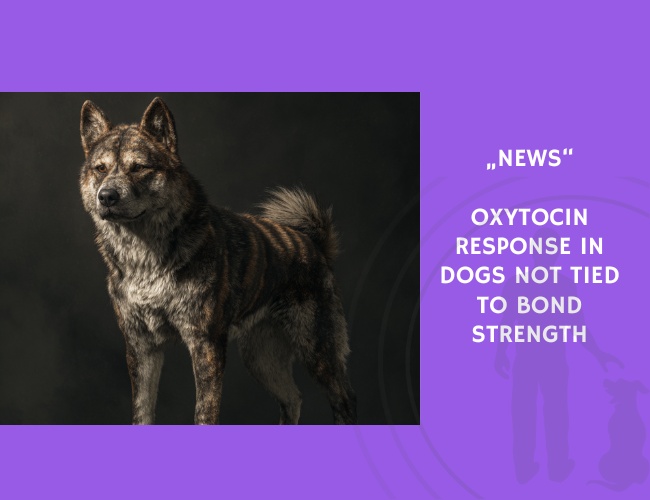Oxytocin, a hormone associated with positive emotional states and social bonding, has been linked to both interspecies and intraspecies relationships. In this study, researchers compared oxytocin reactivity in dog–owner pairs and in interactions with familiar but non-bonded humans to assess whether relationship closeness influences hormonal response.
Both dogs and owners participated in socio-positive interactions, such as gentle physical contact, with either their closely bonded partner or a familiar individual. Urinary oxytocin levels were measured before and after these sessions. Contrary to previous findings, results showed no significant increase in oxytocin levels in either dogs or owners, regardless of partner familiarity or interaction type.
The authors highlight that the lack of consistent hormonal change may be due to methodological differences, variability in individual oxytocin responses, or the influence of uncontrolled external factors. They stress the importance of methodological standardization and accounting for publication bias when interpreting oxytocin research in dog–human relationships.
These findings suggest that while oxytocin remains an important molecule in social bonding, its release during dog–human interaction may be more complex than previously assumed, potentially depending on long-term interaction patterns rather than immediate relationship closeness.
Source: Marshall-Pescini, S., Schaebs, F. S., Gaugg, A., Meinert, A., Deschner, T., & Range, F., Animals, October 1, 2019.










